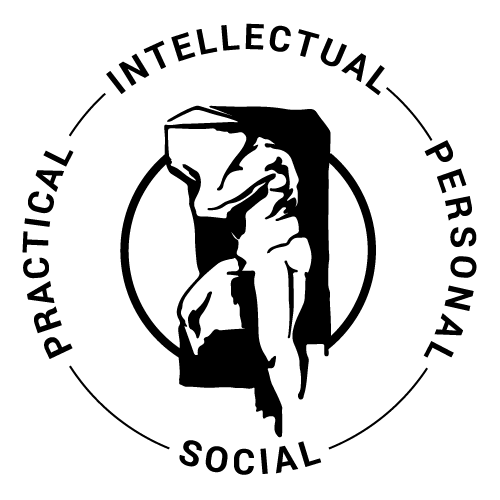From Arthur Koestler’s fascinating autobiography Arrow in the Blue, he describes the crucial reasons for what we do at The Great Connections:
“For people who regard mathematics as dry and the sciences as boring, this kind of mentality is difficult to understand. It is a peculiarity of our present civilisation that the average educated person will be ashamed to admit that a work of art is beyond his comprehension although, in the same breath, he will proclaim not without pride his complete ignorance of the laws which make his electric switch work, or govern the heredity of his offspring. He uses his radio set and the countless gadgets surrounding him with no more comprehension of what makes them function than a savage. He lives in an artificial world of cheap, mass-produced mysteries which he is too lazy to penetrate, without any understanding of the objects which he manipulates and is, in consequence, mentally isolated from his immediate environment. Our whole higher educational system is designed to foster this lopsided mentality, to create indifference towards the laws of nature, a deficiency comparable to myopia or colourblindness.”

Given these circumstances, and the ways in which science is taught in our schools, it is difficult to convey a child’s delight and excitement in penetrating the mysteries of the Pythagorean triangle, or of Kepler’s laws of planetary movement, or of Planck’s theory of quanta. It is the excitement of the explorer who, even though his goal is limited and specialised, is always driven by an unconscious, childlike hope of stumbling upon the ultimate mystery. The Phoenician galleys journeyed over uncharted seas to find the Pillars of Hercules, and even Captain Scott may have been unknowingly tempted by the hope that perhaps there really was a hole at the South Pole in which the earth’s axis turned on bearings of ice. From the star-gazers of Babylon down to the great artist-scientists of the Renaissance, the urge to explore was one of man’s vital drives, and even in Goethe’s day it would have been as shocking for an educated person to say that he took no interest in science as to declare that he was bored with art. The increasing volume of facts and the specialisation of research have made this interest gradually dry up and become a monopoly of technicians and specialists. From the middle of the nineteenth century onward, physics, chemistry, biology, and astrophysics began to fade out as ingredients of a rounded education. However, in pre-Relativistic days it was still just possible for the non-specialist to keep abreast of general developments in science. I grew up during the closing years of that era, before science became so formalisedand abstract that it was removed from the layman’s grasp. Atoms still moved in three-dimensional space and should be represented to the senses by models—little glass spheres revolving around a nucleus like planets around the sun. Space was still non-curved, the world infinite, the mind a rational clockwork. There was no fourth dimension, and there was no subconscious id—that fourth dimension of the mind which transforms straight lines into crooked lines, and the deductions of reason into a web of self-delusions.”



